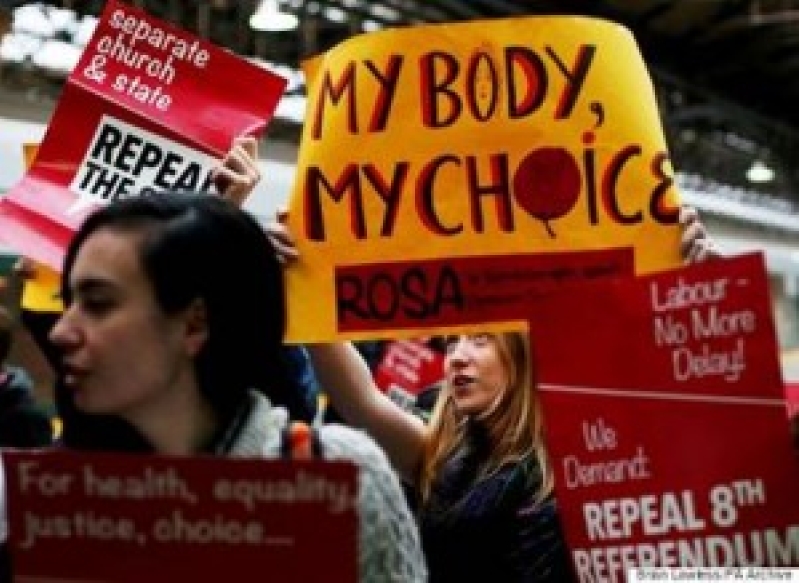
Abortion in Northern Ireland will remain illegal after assembly members voted down proposed legislation on Wednesday that would allow pregnancy terminations due to "fatal fetal abnormality." Unlike the rest of the United Kingdom, the 1967 Abortion Act does not extend to Northern Ireland where termination is only accepted if the mother's life is in danger, or if there is a risk of permanent or serious damage to her mental and physical health.
The region's decentralized assembly voted by 59 to 40 against the abortion legislation, which was proposed by two Members of the Legislative Assembly (MLAs) from the Alliance Party, Stewart Dickson and Trevor Lunn, reports Christianity Today.
"If we are to continue to fail women in Northern Ireland in this area, then we are abdicating our duties as representatives," said Dickson. "The traumatic journey to England for many young women is becoming a shame on Northern Ireland and to force women with a fatal fetal pregnancy to look elsewhere for help and support makes this worse."
The "fatal fetal abnormality" diagnosis means doctors believe the unborn child has a terminal condition, and will either die in the womb or shortly after birth.
A lengthy debate among MLAs included extending abortion criteria also to cases of sexual crime, such as rape or incest.
Mark Baillie, spokesman for CARE, a Christian charity whose representatives campaigned against a change in the law, said cases of fatal fontal abnormality diagnoses don't always result in immediate death. He said sometimes "parents testify to how they have cherished the time spent with their children, whether it was weeks, months or in some cases even years."
He also said doctors would have become judges, if the amendment would have passed, and he believes that situation is unfair to medical professionals. "It is also a dangerous precedent to set."
CARE chief executive Nola Leach they wanted "to make sure our unborn children will have a voice who will speak for them."
Leach acknowledged the sensitivities surrounding the debate, but made clear: "we remain convinced that these amendments are not the right way forward."
She said in the Christian worldview every life "has a beautiful and inherent value to it and disability, abnormality or any other defect should make no difference to this reality."
Hours before the vote, it was revealed Northern Ireland's Attorney General had raised serious concerns about the legality of the Alliance members' proposals. As a next step, the Democratic Unionist Party, the main party in Northern Ireland, established a working group to explore this issue.







